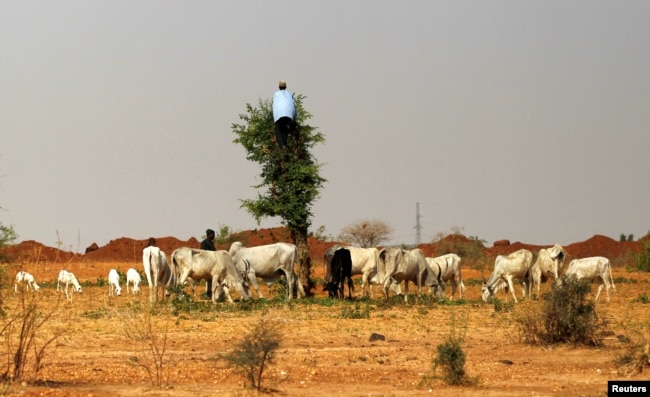The U.N. refugee agency says an upsurge in violence in northwest Nigeria since April has driven an estimated 20,000 people to seek safety in neighboring Niger, VOA news reports.
U.N. refugee spokesman Babar Baloch says the jump in violence is not linked to the Boko Haram insurgency, which has displaced 2.4 million people in the Lake Chad Basin since 2009.
“People are fleeing due to multiple reasons, as far as we understand, including clashes between farmers and herders of different ethnic groups, vigilantism, as well as kidnappings for ransom in Nigeria’s Sokoto and Zamfara states,” he said.
Baloch says the majority of those fleeing are women and children, and new arrivals in Niger’s Maradi region describe the horrors they have witnessed.They say civilians were the victims of ferocious violence, including machete attacks, kidnappings and sexual violence.
Aid agencies do not know what is driving the inter-ethnic violence, Baloch told VOA.
“We know there is the general sense of insecurity in these areas and that is the reason that this is out of reach for humanitarians so far,” he said. “So, we will need to try to analyze and understand. … The worry is this adds a new dimension into the ongoing conflict that is already affecting Nigeria.”
The Boko Haram insurgency spilled over into Niger’s Diffa region in 2015. The displacement crisis has escalated, with the region currently hosting nearly one-quarter million displaced people. They include mainly Nigerian refugees and thousands of local people displaced inside their own country.
Baloch says many of the newly arrived refugees are staying close to the Nigerian border, leaving them at high risk of armed incursions from Boko Haram. The UNHCR and partners are conferring with the government about the possibility of moving them inland, away from the dangerous border area.

